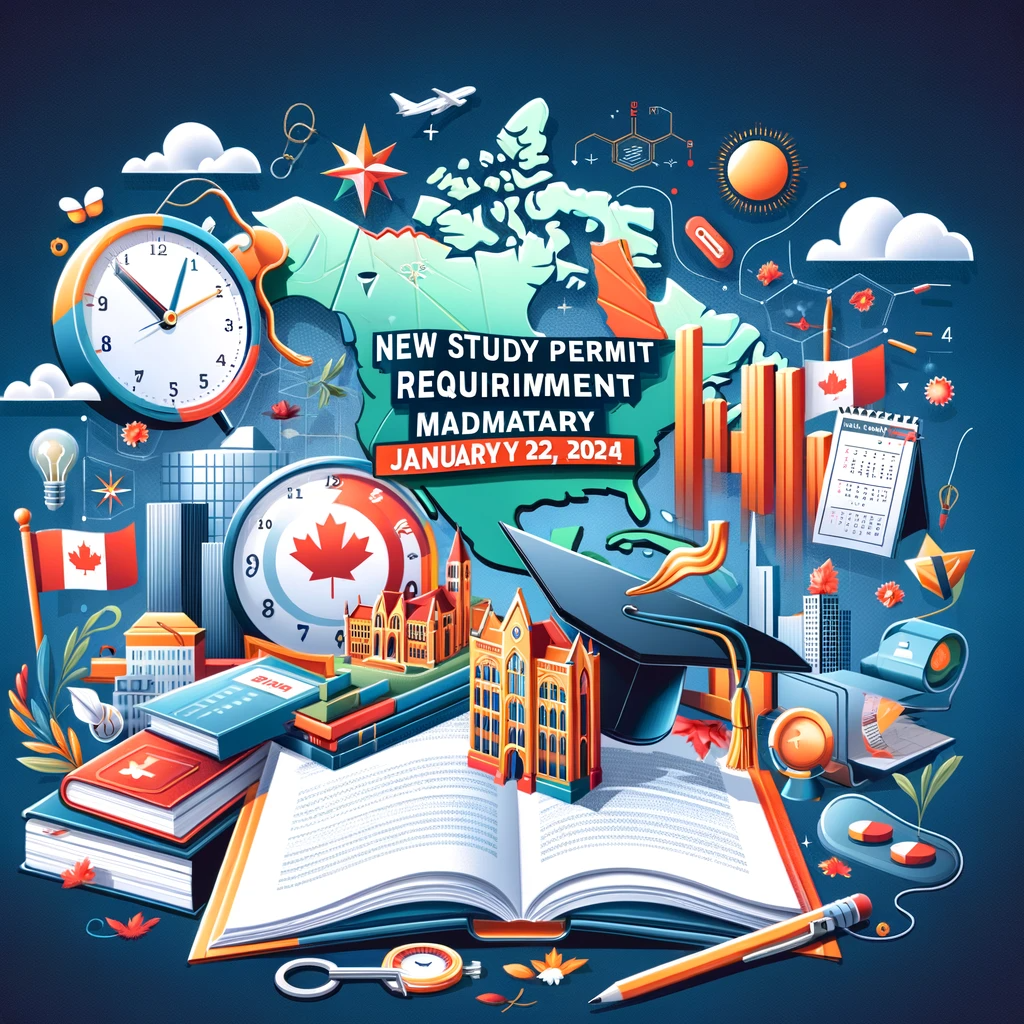Iranian Students' Among Top Applicants for Graduate Studies in Canada
Lorem ipsum dolor sit amet, consetetur sadipscing elitr, sed diam nonumy eirmod tempor invidunt ut labore et dolore magna aliquyam erat, sed diam voluptua. At vero eos et accusam et justo duo dolores et ea rebum. Stet clita kasd gubergren.
International student enrollment in Canada has steadily increased over the past few years. According to data extracted by Immigratic, 809,387 initial study permit applications were submitted between 2022 and 2020, with 125,523 being for graduate study at the Master's and Ph.D. levels.
Iranian students were the top applicants among all countries, with 20,460 applications at the Master's and Ph.D. levels. Indian and Chinese students were also among the top applicants, with 12,000 and 11,000 applications, respectively. The remaining applicants were from a variety of other countries.
Study permit applications supported by letters of acceptance from the University of Canada West numbered around 14,000, significantly exceeding the combined total of applications from the University of Toronto, the University of British Columbia, and Concordia University.
Overall, the average approval rate for Master's and Ph.D. level study permit applications was about 60%. Approval rates for other study levels were slightly lower, at approximately 43%.
MASTER'S LEVEL BREAKDOWN
At the Master's level, a total of 108,393 initial study permit applications were submitted to the IRCC in the past three years. Iranian students had the highest number of applications, with 16,639, followed by Indian students, with 11,486 applications and Nigerian students, with 9,410 applications. The remaining applicants were from various other countries.
The University of Canada West had the highest number of applications, with 13,903, followed by École de Technologie supérieure with 6,915 and Université Laval with 4,148. The average approval rate for Master's level study permit applications was about 55%, though the approval rate from the University of Canada West was slightly lower, at approximately 42%.
PH.D. LEVEL BREAKDOWN
At the Ph.D. level, a total of 17,130 initial study permit applications were submitted to the IRCC over the past three years. Iranian students had the highest number of applications, with 3,821, followed by Chinese students, with 2,442 and American students, with 1,127. The remaining applicants were from various other countries.
The University of Toronto had the highest number of applications, with 1,549, followed by the University of British Columbia with 1,380 and Université Laval with 1,176. The average approval rate for Ph.D. level study permit applications was about 85%, though the approval rate from the University of Toronto was slightly higher, at approximately 88%.
IRANIAN STUDENTS IN CANADA
Iran has faced a number of social and economic challenges in recent years, which may have contributed to the decision of some of its talented individuals to pursue opportunities abroad, including in Canada.
One significant factor has been the economic sanctions placed on Iran by various countries, including the United States, which have resulted in economic difficulties and reduced opportunities for trade and investment. This has had a negative impact on the Iranian economy, leading to high unemployment rates and increasing inflation.
In addition, Iran has also faced ongoing political instability and social unrest, with protests and clashes between the government and citizens over a variety of issues, such as corruption, human rights violations, and economic inequality. This instability may have made it difficult for some individuals to pursue their goals and aspirations within the country.
Given these challenges, it is not surprising that some Iranian talents may have looked to Canada as a more stable and prosperous destination to pursue their studies or careers. Canada has a strong economy, high-quality educational institutions, and is known for its welcoming and diverse culture, which can be particularly appealing to individuals from countries facing social or economic difficulties.
CONCLUSION
The impact of international students who eventually become permanent residents of Canada can be significant, as they bring with them a diverse range of skills, experiences, and perspectives that can enrich the country's social fabric and economic development.
Many international students are highly educated and have valuable expertise in a variety of fields, which can be a valuable asset to Canadian businesses and organizations. By attracting talented students from other countries, Canada can acquire valuable human capital that can contribute to its economic development and competitiveness. These students may also bring new ideas and innovations, which can drive progress and advancement in Canada.
Sadly, on the other hand, there are several pain points for the country of origin when a graduate student leaves their country, including but not limited to financial loss, as the investment made in the student's education is lost; talent drain, as the country loses valuable human capital that could have contributed to its development and growth; brain drain, as the country loses the knowledge and expertise of these individuals; and social and cultural impact, as the country loses a generation of young people who could have contributed to its social and cultural fabric. In addition, the departure of educated individuals can also have negative consequences for the country's economic development and competitiveness, as it loses the potential contributions of these individuals to the economy and society.
A FEW THINGS TO NOTE:
It is worth noting that these approval rates only apply to initial study permit applications and do not include renewals or changes to study permits.
It is also important to consider that approval rates can vary based on various factors, including the student's country of residence, the institution they are applying to, the specific program of study, financials, etc. The Immigratic Free AI assessment tool may help you to assess multiple factors based on a specific situation and analyzes the likelihood of approval.
It is also important to consider that these approval rates may not indicate the overall likelihood of being granted a study permit, as they do not consider other factors that may affect the approval process.
About the author: Soheil Hosseini is a Canadian Immigration and Citizenship consultant. He represents Immigratic, a data-driven Immigration platform based in Ottawa, Canada.


